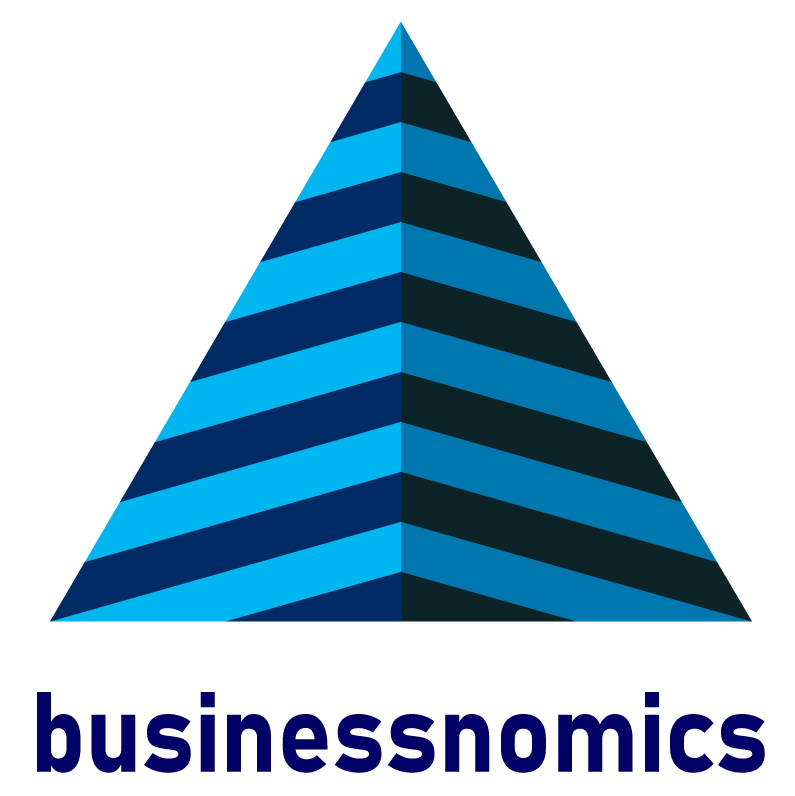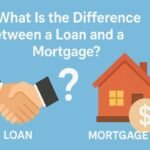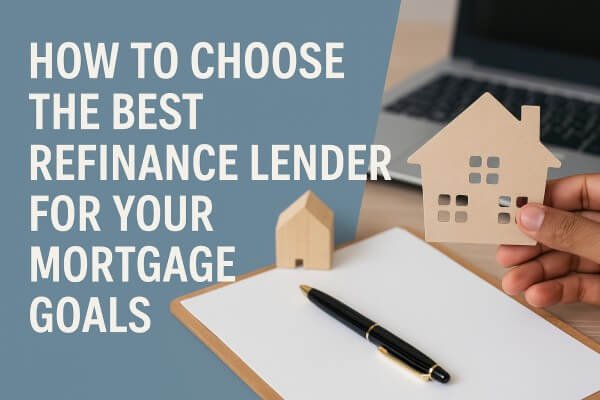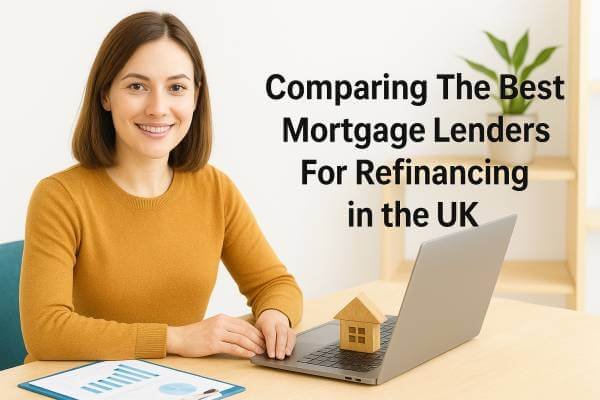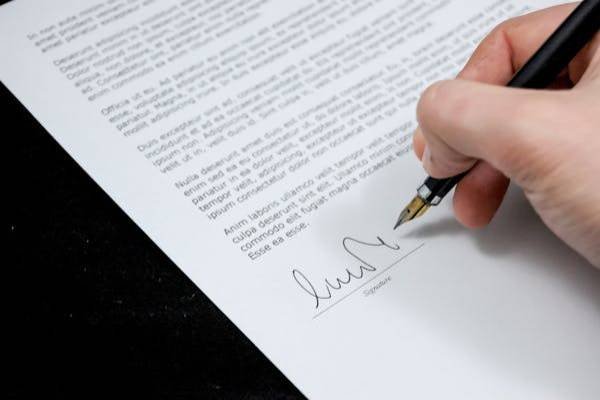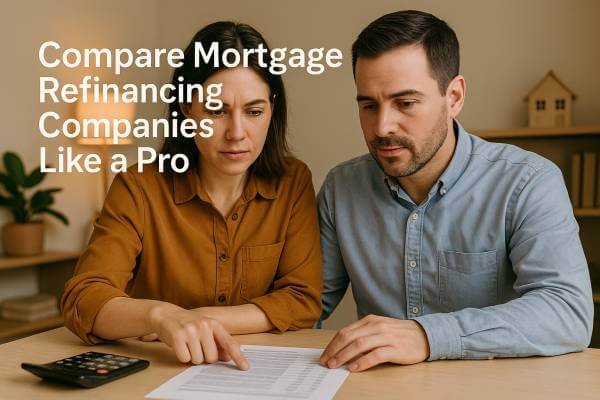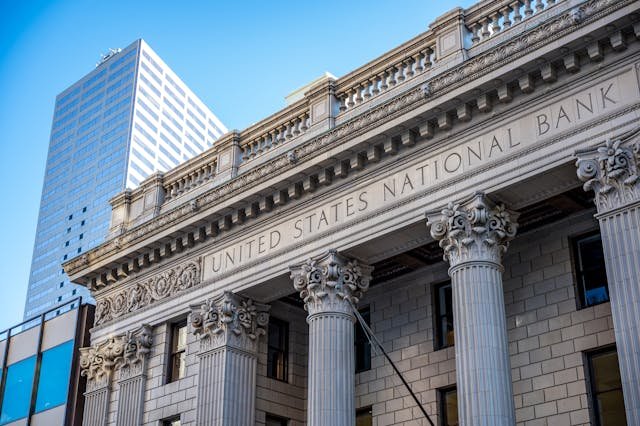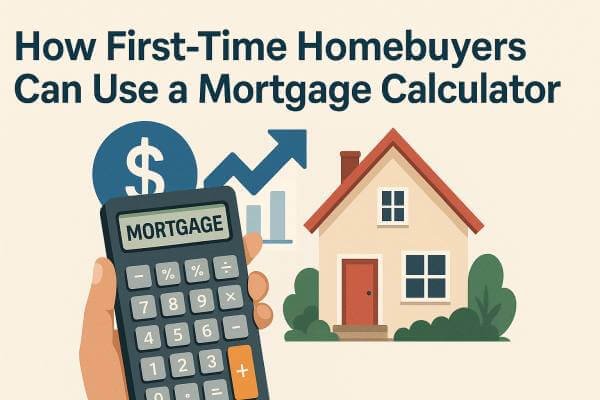Secured vs. Unsecured Loan Difference: Which One Is Better for You?

Have you ever wondered what the actual differences between secured and unsecured loans are? It can get confusing fast. Some lenders discuss “collateral” like it’s common knowledge, while others throw around terms like “unsecured loan approval” or “risk to the borrower” without much explanation.
Here’s the simple version: secured loans require you to back them with something valuable, like your car or house. Unsecured loans don’t need any collateral at all. That means different rules for interest rates, loan amounts, credit score requirements, and even how risky the loan is for both you and the lender.
In this article, we’ll break down the key differences and the pros and cons of each and help you figure out which loan type makes more sense for your situation. Whether you’re dealing with bad credit, looking for fast approval, or just trying to borrow smart, you’ll get clear answers here.
Secured Loan
What is a secured loan?
A secured loan is precisely what it sounds like: it’s a loan that’s backed by something you own. This “something” is called collateral. Think of it as a safety net for the lender. If you don’t pay the loan back, they can take the collateral to cover the loss.
The most common secured loans are auto loans, mortgages, or home equity loans. In each case, the lender has a claim on your property if you stop making payments. For example, if you fall behind on your car loan, the lender can repossess the vehicle.
Why do people choose secured loans?
They often come with lower interest rates and higher borrowing limits because lenders take on less risk. And if you’ve got bad credit or no credit history, a secured loan can sometimes be easier to qualify for. However, it comes with a trade-off: you’re risking your assets.
Pros and cons:
Pros:
- Lower rates compared to unsecured loans
- Easier approval with poor credit
- Higher loan amounts
Cons:
- You risk losing your collateral
- May come with longer application processes
- Not ideal if you don’t own valuable assets
If you’re confident in your ability to repay and want better terms, a secured personal loan might be worth considering. Just make sure you’re comfortable with the risk.
Unsecured Loan
What Is an Unsecured Loan?
Unlike secured loans, unsecured loans don’t require any collateral. That means you’re not putting your car, home, or savings on the line to borrow money. Instead, lenders decide whether to approve you based on your credit score, income, and overall financial history.
Common examples include personal loans, credit cards, and student loans. If you miss payments on an unsecured loan, the lender can’t take your stuff, but they can still send you to collections, damage your credit, and even take legal action.
Why do people go for unsecured loans?
The appeal of unsecured loans lies in their simplicity. There is no requirement to provide collateral, and the application process is typically quicker. You can use the money for just about anything.
Pros and cons:
Pros:
- No collateral required
- Faster approval process
- More flexible use of funds
Cons:
- Higher interest rates
- Harder to qualify with bad credit
- Lower loan limits compared to secured options
If your credit is in excellent shape and you want quick access to cash without risking your assets, an unsecured personal loan could be a smart move. Please be mindful of the interest rates, as they can increase rapidly if your credit isn’t strong.
Secured vs Unsecured Loan: Key Differences
Now that you know what each type of loan is, let’s break down the secured vs. unsecured loan difference side by side. At this point, the differences between secured and unsecured loans become clear.
When choosing a loan, it’s helpful to see how they perform in the real world.
Here’s a quick comparison:
| Feature | Secured Loan | Unsecured Loan |
| Collateral Needed | Yes (e.g., car, home, savings) | No |
| Risk to Borrower | High (you could lose your asset) | Lower (but still impacts credit) |
| Interest Rates | Lower (less risk for lender) | Higher (lender takes more risk) |
| Loan Amount | Often higher | Typically lower |
| Approval Chance | Easier with bad credit | Harder without strong credit |
| Common Uses | Auto loans, home equity, secured personal loans | Credit cards, personal loans, student loans |
| Credit Impact | Still affects your score if unpaid | Same here—missed payments hurt you |
Which One Is Better for You?
There is no universal solution. It really depends on your personal finances, credit history, and what you need the money for.
Here’s how to figure it out.
Go for a secured loan if:
- Your credit score is low and you’re having trouble getting approved elsewhere
- You’re okay using an asset (like your car or savings) as collateral
- You want lower interest rates and higher borrowing limits
- You’re confident you can repay on time and don’t mind a bit more paperwork
Choose an unsecured loan if:
- Your credit is solid and you want fast approval
- You don’t want to risk losing your car, home, or savings
- You need a smaller loan for things like debt consolidation or unexpected expenses
- You’re willing to pay a little more in interest for the convenience
Still unsure?
Think about your risk tolerance. If the idea of possibly losing something valuable makes you nervous, unsecured might be the safer route. However, if you prioritize obtaining the best rates and have collateral to support the loan, the secured option might be more advantageous.
At the end of the day, it comes down to your goals, your budget, and your comfort level. Either way, knowing the secured vs unsecured loan difference puts you in control.
Conclusion
Now that you know the secured vs. unsecured loan difference, you’re way ahead of most people who apply without really understanding what they’re signing up for.
If you need lower rates and have something to back your loan, a secured personal loan might be the better fit. But if you’d rather not risk your car or savings and your credit score is solid, an unsecured loan could give you the quick cash you need without the extra strings attached.
Either way, don’t rush. Take a few minutes to compare loan offers, check your rates, and figure out what works best for your budget.
FAQs
Can I switch from a secured loan to an unsecured one later?
Not directly. Once you’ve taken out a secured loan, it stays that way until it’s paid off. But if your credit improves, you might qualify for an unsecured personal loan later and use it to refinance or pay off the secured one.
Which loan affects my credit score more?
Both can impact your credit the same way. On-time payments help your score, and missed payments hurt it. The key is consistency. But defaulting on a secured loan may also cost you your collateral, so the stakes are higher.
Are secured loans easier to get with inadequate credit?
Yes, usually. Lenders are more likely to approve you if your credit is bad because they can take your collateral. That said, you’ll still need to show you can afford the payments.
What if I don’t have anything to use as collateral?
Then an unsecured loan might be your only option. You’ll likely need a good credit score and steady income to qualify, but many lenders offer small personal loans without requiring collateral.
Are interest rates always higher on unsecured loans?
Typically, yes. Since there’s no collateral, lenders take on more risk and charge higher interest to make up for it. If you qualify for both, please compare the rates carefully and analyze the numbers.
